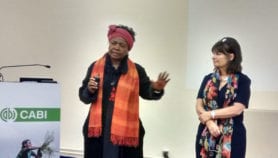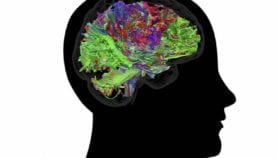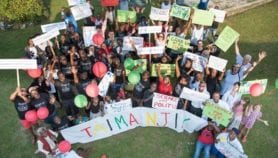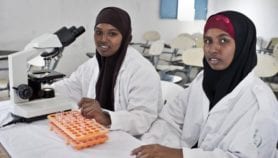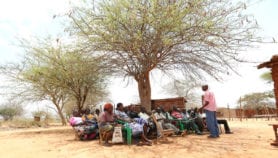By: David Dickson
Send to a friend
The details you provide on this page will not be used to send unsolicited email, and will not be sold to a 3rd party. See privacy policy.
The United States, keen to counter criticism of its unilateral approach to foreign affairs, has declared its intention to rejoin the United Nations Educational, Scientific and Cultural Organisation (Unesco).
The move, which was announced last Thursday (12 September) by President George W Bush, comes 18 years after the country withdrew from the Paris-based agency complaining of internal mismanagement and what it criticised as an anti-US bias.
In recent years, following widespread cost-cutting and management reforms within Unesco, there has been growing pressure to rejoin from various groups and organisations within the United States, including parts of the US scientific community.
In 1998, for example, such a move was supported by the State Department of the Clinton Administration, but blocked by the Office of Management and Budget, primarily for financial reasons.
Earlier this year, the US National Security Adviser, Condoleezza Rice, circulated a letter that is reported to have been generally supportive of the reforms carried out at Unesco under the current director-general, Koichiro Matsuura, and his predecessor, Federico Mayor,
At the same time, the letter set out criteria on issues such as cost-effectiveness internal governance that, Rice argued, UN agencies need to meet to ensure US support. It now seems that Washington has agreed that Unesco meets these criteria — or is at least sufficiently close to allow the political advantages of rejoining to outweigh any continuing misgivings.
Bush’s announcement came in a speech to the United Nations seeking international endorsement of the declared US intention to take military action against Iraq on the grounds that the country is continuing to develop nuclear, chemical and biological weapons.
Bush said that the United Nations is returning to Unesco, to which it formerly provided 25 per cent of the annual core budget, “as a symbol of our commitment to human dignity”, which he described as being “challenged by persistent poverty and raging disease”.
He said that the organisation “has been reformed, and America will participate fully in its mission to advance human rights and tolerance and learning”. And he added that the United States was keen to join with the world “to supply aid where it reaches people and lifts up lives, to extend trade and the prosperity it brings, and to bring medical care where it is desperately needed.”
The decision was immediately welcomed both by UN Secretary General Kofi Annan and by Matsuura, who promised his “full commitment” to reintegrating the United States into the agency’s work.
In a statement, Matsuura said that he looked forward “to the possibility of closer collaboration with the enormous intellectual and cultural resources of the American academic and scientific communities”. He added that their energy and ideas were “vital in the effort to shape policies that can improve the lives of people everywhere.”
Matsuura said that it had been his personal mission over the last three years “to shape Unesco into the most dynamic, efficient and relevant organisation it can be, open and accountable to all stakeholders”.
Fred Eckard, a spokesman for Kofi Annan, said at a news conference in New York that the return of a member state with the resources of the United States “will energise [the agency] and help it more energetically and effectively address its agenda”.
© SciDev.Net 2002
More on Networks

Script media release
Journalists offered ‘big break’ mentoring opportunity from Radio Nigeria
03/04/19





